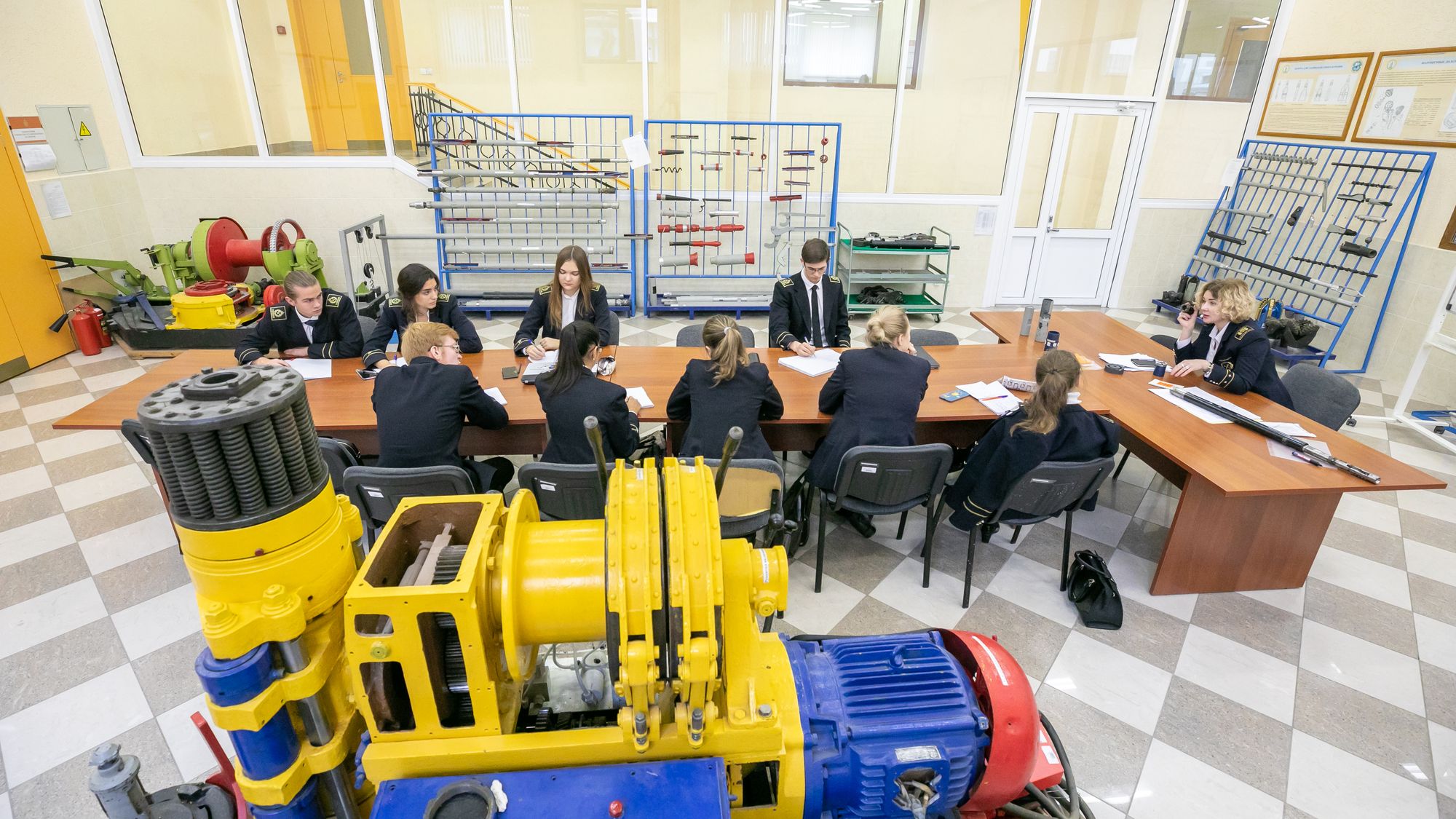In the process of training in this speciality, students get acquainted with the basics of oil and gas business, underground hydromechanics, the basics of the construction and operation of gas and oil pipelines, methods of protecting them against corrosion, the technology and safety of explosive and flammable works at oil and gas facilities, the principles of operation of oil and gas equipment, the basics of operating oil depots and gas stations, the basics of designing gas distribution networks, the chemistry of oil and gas, the basics of welding technology, the basics of transport and storage of liquefied hydrocarbons, basics of maintenance and repair of marine pipelines; as well as fire and industrial safety in the oil and gas industry companies.
High market demand for specialized personnel with in-depth knowledge of the features of technological processes for transporting and storing oil, oil products, and gas;
An integrated approach to training, which includes the theoretical foundations of the oil and gas engineering and modern teaching methods for all the necessary practical skills in this field;
Prospects to engage in scientific activities during training at St. Petersburg Mining University;
The possibility of included studies at foreign partner universities with the issuance of internationally recognized diplomas.
Graduates in this specialization take jobs in leading companies in the fuel and energy complex, are engaged in the transportation, storage, processing and sale of gas, gas condensate and oil, providing services in the field of oil and oil products transportation through the main pipeline system, and carrying out diagnostic and emergency repair work on trunk pipelines. Such companies include Gazprom, Transneft, Rosneft Oil Company, and Schlumberger Company. At these companies, graduates work as heads of repair sections of the central repair service, chief engineers of the line production and dispatch station, heads of the line production and dispatch stations, pipeline system diagnostics engineers, and masters of the line emergency service.
